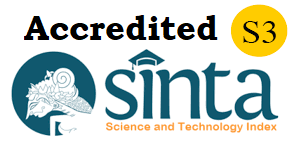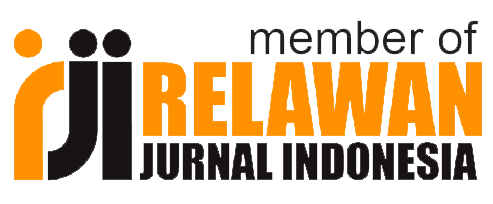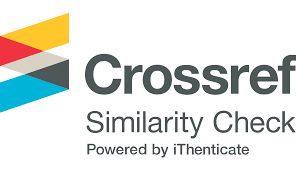EFFECT OF PARTICIPATIVE LEADERSHIP STYLE TO PSYCHOLOGICAL WELL-BEING ON MEMBER OF PMI KOTA MAKASSAR
Abstract
Psychological Well-Being (PWB) of members is an important thing that needs to be considered by leaders who have the task of ensuring PWB of the members to maintain the productivity and performance of members. Voluntary organizations, with different characteristics from government and profit-based organizations, have several challenges in their organizational life that can influence the PWB of the volunteers, including the problem of leadership practices. Several previous studies have found that the ideal leadership style applied in voluntary organizations is participative leadership. Based on those facts, this study aims to determine the effect of participative leadership applied by the leader of PMI Kota Makassar to PWB of PMI Kota Makassar members. This research is a correlational study, involving 168 volunteers who were obtained using snowball sampling, through filling out an online form of a participative leadership scale and PWBS. The research data was analyzed using a simple linear regression technique to see the contribution of participative leadership on PWB. The results showed a significance value of 0.000 (p<0.05) and an R-Square value of 0.091. These results indicate a significant and positive influence of participative leadership on PWB of the PMI Kota Makassar members, with 9.1% of the contribution influence.















